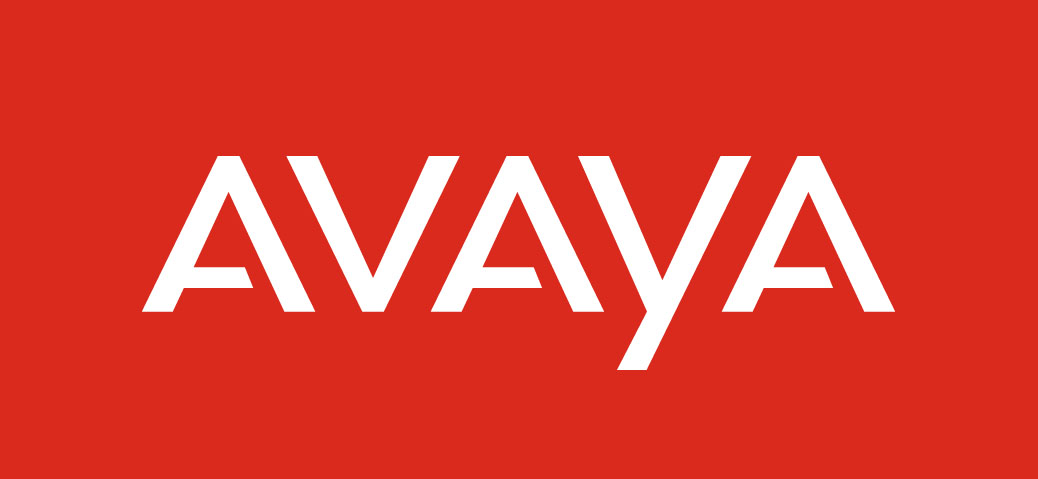Avaya announced today that it has successfully emerged from the Chapter 11 financial restructuring process. The company now has a capital structure of approximately $650 million with a net leverage ratio of less than 1x.
The company formally entered Chapter 11 on February 14, 2023, 76 days ago. At the time of filing, Avaya estimated the process would take between 60 and 90 days to complete. The accelerated process resulted from a prepackaged or prearranged bankruptcy, which means Avaya had already reached an agreement with its significant creditors before the filing.
Avaya presumably started working with its lienholders soon after its August 2022 warning, when it alerted investors it had “substantial doubt about the company’s ability to continue as a going concern.” That warning came just days after the company replaced its CEO, Jim Chirico, with Alan Masarek. The company put together a series of initiatives including cost-cutting and focusing on new products.
“We are excited to fully realize the hard work we’ve put into our business transformation and move ahead with significant financial resources to accelerate investment in our portfolio as we continue delivering innovation without disruption,” said Masarek today.
Avaya emerges from bankruptcy as a private company. We learned the names of its new board of directors. They are Alan Masarek, Patrick Bartels, Patrick Dennis, Robert Kalsow-Ramos, Marylou Maco, Aaron Miller, Donald Morgan, Tod Nielsen, and Jacqueline Woods. Many may recognize Marylou Maco, as the former EVP World WidedWide Sales and Field Operations at Genesys. Maco quietly departed Genesys in January 2023.
Genesys surprised many with its decision last October to shift away from its products that directly compete with Avaya. In an October 11, 2022, blog post, CEO Tony Bates wrote, "Going forward, we’re making a strategic pivot as a company and focusing all of our innovation, investment, and resources on accelerating the market leadership of Genesys Cloud CX." Prior to this announcement, Genesys was largely positioned as heir-apparent to Avaya’s large CCI base made vulnerable during its financial crisis.
The contact center market can be split into two categories: contact center infrastructure (CCI) and contact center as a service (CCaaS). The market sizes are comparable regarding agents served, though the growth is in CCaaS. CCI remains predominant in larger, more complex implementations. Avaya, Cisco, and Genesys are the largest suppliers of CCI, and all three have CCaaS offerings too. Today, Cisco and Genesys are focused on CCaaS, which gives Avaya a lucrative opportunity to shine in CCI. Masarek has communicated plans to internally develop Avaya's CCaaS, known as Avaya Experience Platform (AXP). Avaya’s plan is to transition its customers to hybrid services with AXP.
In a recent analyst briefing, Avaya reported that its customers include 90% of the US Fortune 100, the world’s top 10 airlines, 48 of the world’s top 50 major banks, and governments in 40 countries. Avaya is also investing in CCaaS but sees it more as a complement than a replacement for its CCI customers. Avaya also offers Avaya Cloud Office (ACO) by RingCentral. ACO enjoys proprietary integrations with AXP and Avaya‘s leading premise-based contact center, Elite.
Avaya also announced it has increased AXP development efforts, including new compliance certifications and new APIs for channels, routing, and Analytics. It also expanded its partnership with Cognigy, giving it access to one of the leading conversational AI platforms.
I recently met with the CEOs of two major Avaya customers. Ahmad Alfalsi, the CEO of the newly combined Department for the Economy and Tourism in Dubai, spearheads a physical-to-digital transformation initiative. It involves an Avaya-powered unified contact center for customer service.
I also met with Mohammad Bin Sulaiman, the CEO of Moro, a private digital transformation company that was spun out of Dubai Water and Power. It offers secure, carbon-neutral data center services, including IaaS, SaaS, and PaaS. It invested in Avaya's contact center solutions for customer service and also offers customer service solutions as a service to its customers.
The emergence from Chapter 11 is a milestone for Avaya, but it is also important to acknowledge that its shareholders lost all of their equity. Some believe the in-court filling was avoidable. Investigations into the bankruptcy and the conditions leading to it are not likely finished.
The question now is what comes next. The new capital structure will likely attract acquisition discussions, though it’s not clear on which side of those discussions Avaya is likely to sit.
Regardless, Avaya will be interesting to watch over the next year. Despite two bankruptcies in less than ten years, the company is still one of the larger enterprise communications vendors. And it just got a third chance to increase its competitiveness in this rapidly evolving communications landscape.










